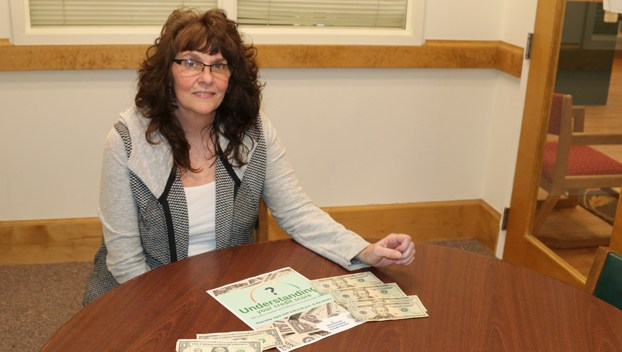
News Main
Credit cards, credit scores topic of discussion at Carter County Library
Many college students struggle with student debt immediately after graduating college, and for many Americans, these troubles can ... Read more

Many college students struggle with student debt immediately after graduating college, and for many Americans, these troubles can ... Read more

Like many diseases, diabetes is one that requires extensive observation in order to manage, but when the symptoms ... Read more

When a life is on the line, a few seconds delay is often the difference between life and ... Read more

Like the cereal Trix, many people might say coloring books are for kids, but the Elizabethton/Carter County Library ... Read more

Children will fill the normally silent library Saturday evening as they listen to holiday classics, but the day ... Read more